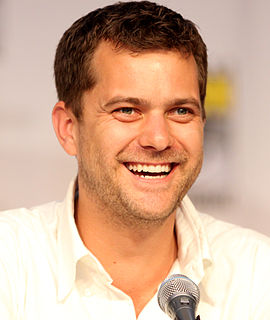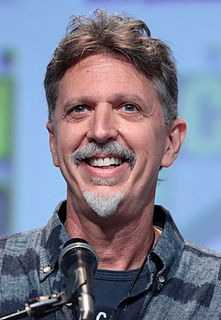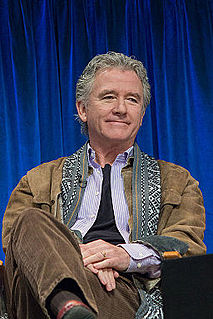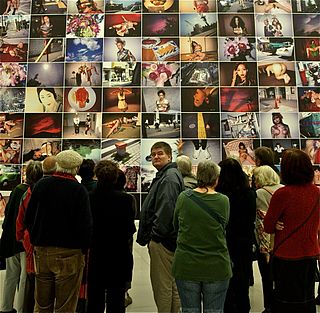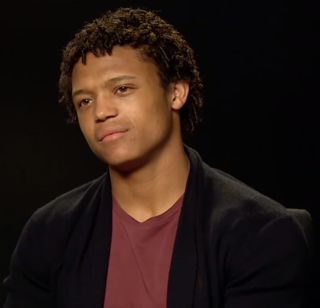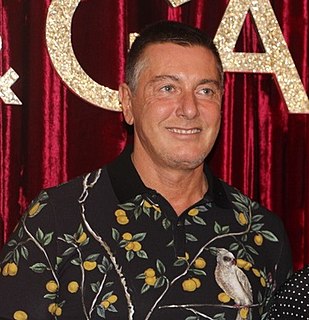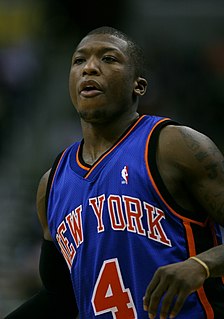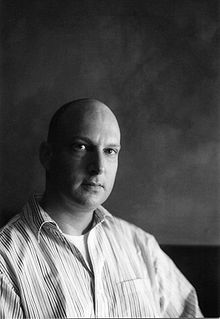A Quote by Joshua Jackson
I'm of the opinion that life doesn't always tie up neatly at the end of the episode.
Related Quotes
In the shows I've done serialized storytelling with, there are big open questions, but you like every episode to be identifiable as what it is. It's also very important that each season is identifiable. There's usually some big thing that you're trying to wrap up. There are big bows that you're trying to tie, by the end of the season, that you would do anyway because it's just good storytelling to tie those things up.
The last episode of Dallas was in '1991.' Unfortunately, it was a terrible episode to end the show on: it was a sort of 'It's a Wonderful Life' with Larry as the Jimmy Stewart character. In that episode, I was an ineffectual-schlep kind of brother, who got divorced three or four times and was a Las Vegas reject.
The challenge is always to find the good place to end the book. The rule I follow with myself is that every book should end where the next book would logically begin. I know that some readers wish that literally all of the threads would be neatly tied off and snipped, but life just doesn't work that way.
In my whole life, I've worn black tie three times. I can't tie the knot myself. Once, at the premiere of the opera, I got to La Scala before Domenico, and I was hiding in the corner until he arrived, and I said, 'Quick, you have to tie my tie, please!' Otherwise, I'll wear a tuxedo jacket with jeans and my bling-bling cross.
Knot the tie and go to work, unknot the tie and go to sleep. I sleep. I dream. I wake. I sing. I get out the hammer and start knocking in the wooden pegs that affix the meaning to the landscape, the inner life to the body, the names to the things. I float too much to wander, like you, in the real world. I envy it but that’s the dealio—you’re a train and I’m a trainstation and when I try to guess your trajectory I end up telling my own story.
Television, particularly as it becomes more and more serialised, comedies no longer have to tie the stories up neatly within 20-plus minutes. 'Arrested Development' had evolving storylines, as did both versions of 'The Office.' We're seeing that more and more. That allows it to be really, whatever the tone, almost literary.
